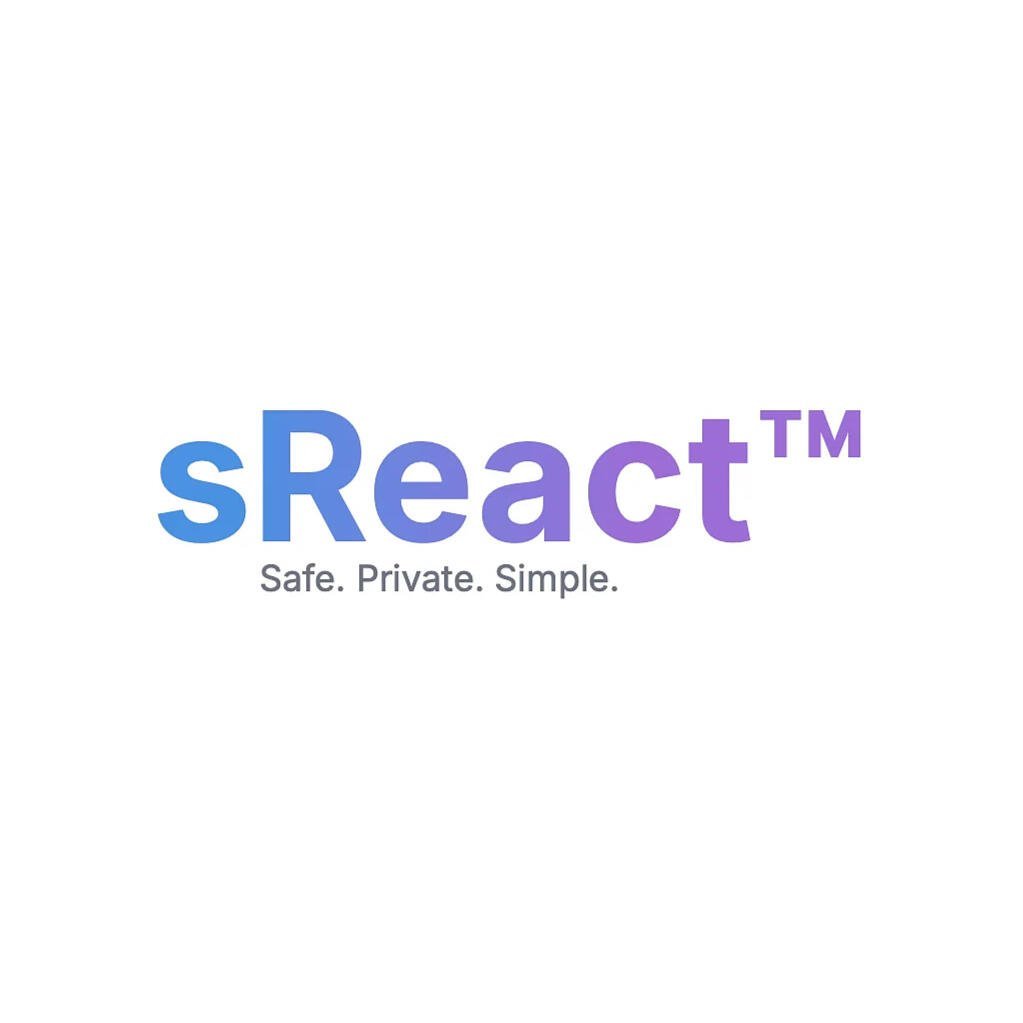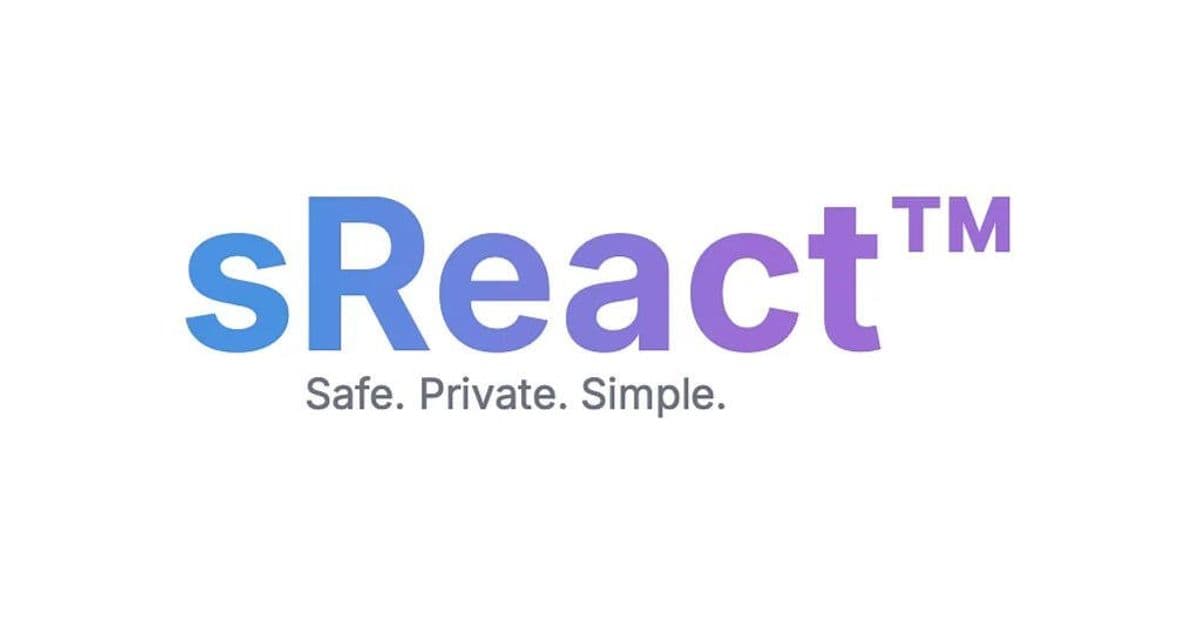A new tool promises real-time detection of AI model drift across major platforms like ChatGPT and Gemini without accessing private user data. Ethics+1, offering browser extensions and APIs with local processing, positions itself as a critical compliance solution for Article 15 of the looming EU AI Act, targeting financial services and healthcare.
As AI systems increasingly handle critical tasks in finance, healthcare, and governance, detecting when these models start producing unreliable or biased outputs—known as drift—becomes paramount. Enter Ethics+1, a newly unveiled monitoring platform claiming a breakthrough: spotting AI drift in real-time without compromising user privacy or requiring model access.

The Core Proposition: Drift Detection Without Data Exposure
Ethics+1 distinguishes itself through its privacy-by-design architecture:
- Local Processing: Analysis occurs entirely on the user's device. Conversations with models like Claude, Llama, or Gemini are never sent to Ethics+1 servers.
- DSGVO/GDPR Compliance: By avoiding data collection, it sidesteps major privacy regulatory hurdles.
- The +1 Principle™: Their proprietary method, validated on over 11,000 AI responses, quantifies output stability and reliability—key metrics for proving technical robustness under regulations.
Targeting the Compliance Countdown: EU AI Act 2026
With enforcement of the EU AI Act’s stringent requirements for "high-risk" AI systems set for 2026, Ethics+1 positions its technical robustness metrics as essential for compliance documentation, particularly for Article 15 mandates. Sectors like banking (robo-advisors, loan processing) and insurance (claims assessment, risk analysis) face significant pressure to demonstrate AI system stability. Ethics+1 explicitly markets itself as "built for 2026 enforcement," offering quantifiable data for regulators.
Deployment and Use Cases
Developers and enterprises have two primary integration paths:
- Browser Extension: Allows real-time monitoring of AI interactions during development or daily use with no backend integration needed.
- REST API: Enables automated, continuous monitoring baked directly into production systems and workflows.
Its model-agnostic approach covers major proprietary and open-source LLMs. Early pilot spots (100 available) offer 6 months free usage with limits (100 analyses/day), scaling to paid tiers like "Professional" (1,000/day).
Why This Matters Beyond Compliance
While regulatory pressure is a major driver, proactive drift detection is fundamentally about operational reliability. Unchecked drift in customer-facing AI can erode trust, introduce legal liability, and cause financial losses long before regulators intervene. Ethics+1’s privacy-centric model addresses a critical barrier—organizations wary of sharing sensitive prompts or outputs with third-party monitors. If it delivers on its promises, it could become a foundational tool for responsible AI deployment in high-stakes environments, shifting monitoring from a reactive audit exercise to an integrated safeguard. The success of its pilot phase will be a crucial test of its real-world efficacy.

Comments
Please log in or register to join the discussion